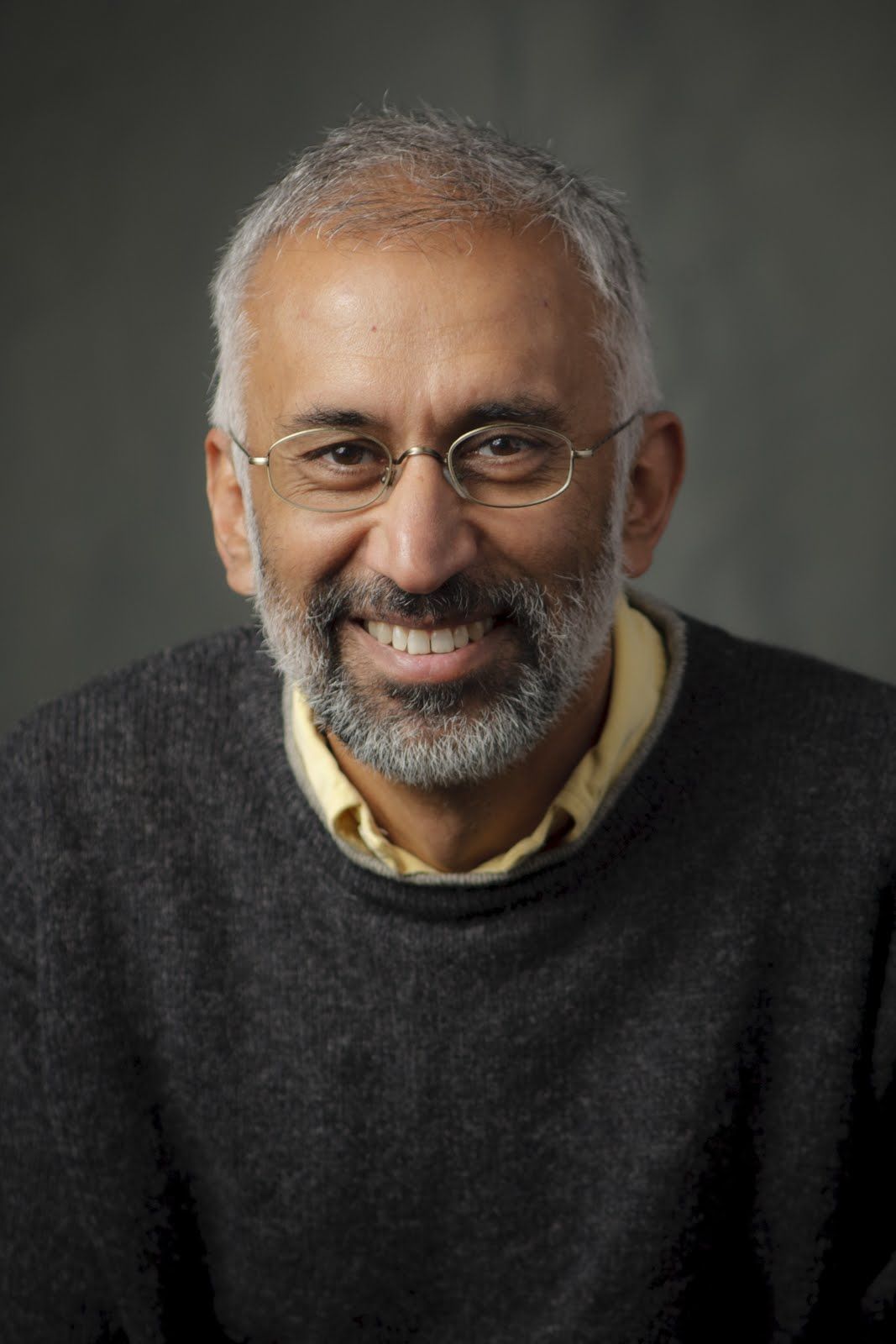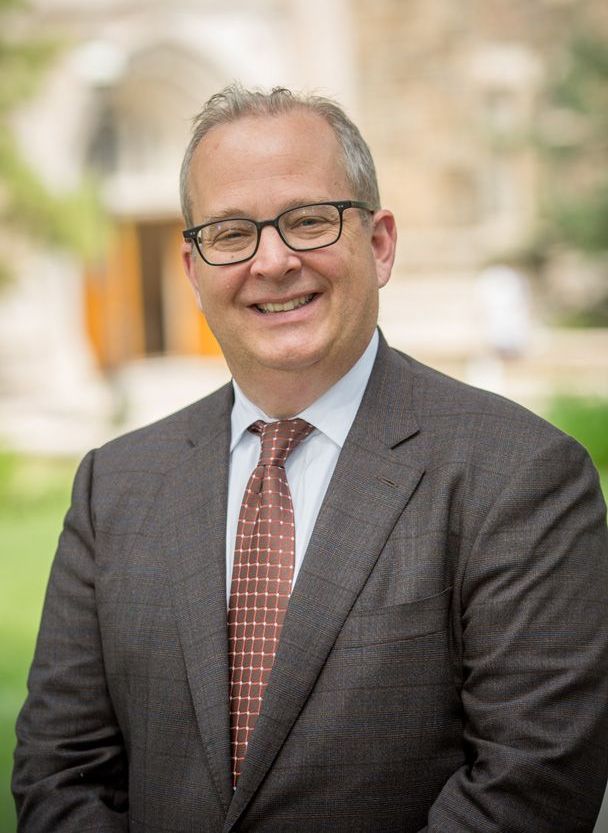Anand Ramamurthi has been named P.C. Rossin Professor and Chair of the Department of Bioengineering in Lehigh University’s P.C. Rossin College of Engineering and Applied Science, effective September 1, 2020.
Ramamurthi, an expert in platform technologies for in situ elastic tissue repair and in vitro tissue engineering, is a professor of biomedical engineering at the Lerner Research Institute of the Cleveland Clinic. He is also a professor of molecular medicine and biomedical engineering at the Cleveland Clinic Lerner College of Medicine of Case Western Reserve University. His research focuses on enabling biomimetic regeneration and repair of elastic fibers and superstructures that do not naturally regenerate or repair in elastic adult tissues.
“Dr. Ramamurthi brings a wealth of biomedical expertise and leadership to the Lehigh engineering faculty. We are excited to welcome him into our ranks,” says Stephen P. DeWeerth, dean of the Rossin College. “His research accomplishments and directions are particularly well matched to Lehigh initiatives in biomedicine, engineered materials, and health. I am confident that he will lead our Department of Bioengineering into its next phase of growth and expanding impact.”
“Having conducted research at academic institutions that are closely associated with centers of medical excellence throughout my career, I am committed to propagating the translational aspect of biomedical research at Lehigh,” says Ramamurthi, who is a Fellow of the American Heart Association and serves as executive editor of the Journal of Tissue Science and Engineering. “I look forward to establishing a cutting-edge, multi-investigator research program in stem cell and nanomedicine for extracellular matrix (ECM) engineering and repair.”
Ramamurthi will be the second faculty member to lead the bioengineering department since it was formally established in 2017, succeeding Anand Jagota, Robert W. Wieseman 1916 Professor and Founding Chair of the Department. Jagota, who also serves as a professor of chemical and biomolecular engineering, has chaired Lehigh’s BioE program since 2004, playing an instrumental role in assembling the department’s interdisciplinary faculty, expanding research, and building an innovative curriculum. He will continue his biomaterials, biomechanics, and nanobiotechnology research at Lehigh, including work on friction of soft materials based on bioinspired design, funded by a recently awarded $2 million NSF grant.
By capitalizing on cross-disciplinary collaborations across the university, including those connected to Lehigh’s new College of Health, “we will continue to advance the research and educational opportunities for undergraduate and graduate bioengineering students and postdocs in the Rossin College,” says Ramamurthi. “I hope to provide these individuals a rigorous training platform to impart the scientific and professional skills to succeed in the biomedical industry.”
After earning his PhD in chemical engineering from Oklahoma State University, Ramamurthi developed glycosaminoglycan-based biomaterials for aortic heart valve tissue engineering as an American Heart Association postdoctoral fellow at the Cleveland Clinic. He was a member of the bioengineering faculty at Clemson University from 2003 to 2010, achieving the rank of tenured associate professor. At the Cleveland Clinic, he serves as liaison to the Cleveland Clinic-CWRU BME Alliance and is the director of BME graduate programs at the CCLCM. He is also a founding member of the Cleveland Clinic’s Center of Excellence in Cardiovascular Translational Functional Genomics.
Ramamurthi’s research projects span biomaterials, nanomedicine, and stem cell-based strategies for growing elastic tissue constructs on demand or enabling biomimetic tissue repair in vivo. His lab is also involved in identifying novel mechanistic targets for multipronged downstream regenerative benefits to treatment of structurally degenerative disorders of the vasculature, lungs, and pelvic organs. Other innovative recent projects include the investigation of surrogate in vivo bioreactor systems (e.g., peritoneal cavity) to study in situ vascular tissue remodeling responses to biomaterial scaffolds.
Ramamurthi serves on the committees of several international professional societies in the cardiovascular sciences, biomaterials, and tissue engineering fields, including the AHA Council on Arteriosclerosis, Thrombosis, and Vascular Biology In recent years, he has served on the external advisory committee of the NIH-funded South Carolina Bioengineering Center for Regeneration and Formation of Tissues to provide advisement on center initiatives, junior faculty mentoring, and research core development. He is a reviewer for more than 50 scientific peer-reviewed journals and a member of the editorial boards of several journals in the fields of biomaterials, nanomedicine, tissue engineering, and regenerative medicine. He is the current chair of the AHA Cardiac Basic Sciences Innovative Research Grant Study Section, and serves on several other review panels for the NIH, NSF, and other grant funding agencies.
To date, Ramamurthi research has resulted in 66 peer-reviewed publications, several book chapters, and 300-plus conference abstracts. He is also the editor of a book on elastin regeneration technologies. He has been an invited presenter at several national and international meetings and has organized and chaired several conference symposia on the topic of matrix engineering and regeneration, including at the 2014-2019 TERMIS meetings.
His research is supported by extramural grants from the NIH, NSF, and AHA; by industry collaborations; and from philanthropy. He has advised five postdoctoral fellows, 40-plus graduate (MS, PhD, MD/PhD, MD) students, and 30-plus undergraduate students over his career.
“My goal is to foster the next phase of growth of bioengineering education and research at Lehigh,” Ramamurthi says, “and help the department evolve as an academic center of excellence aimed at advancing health care solutions.”


